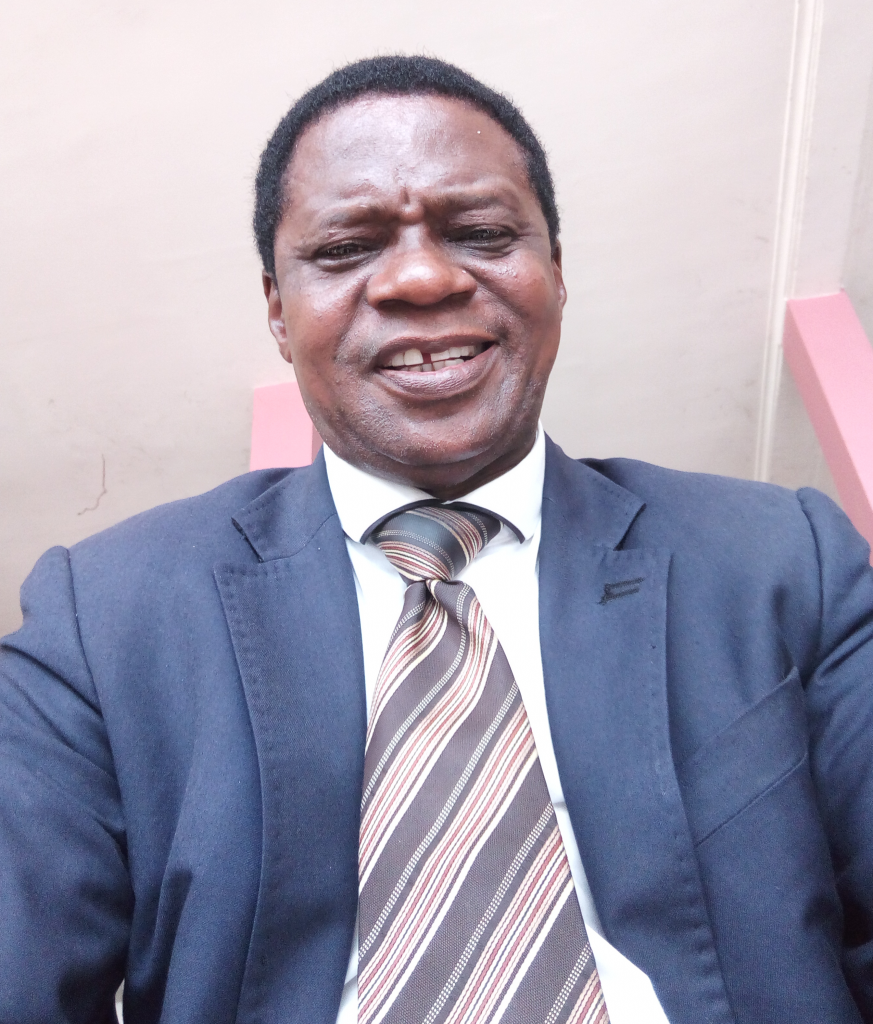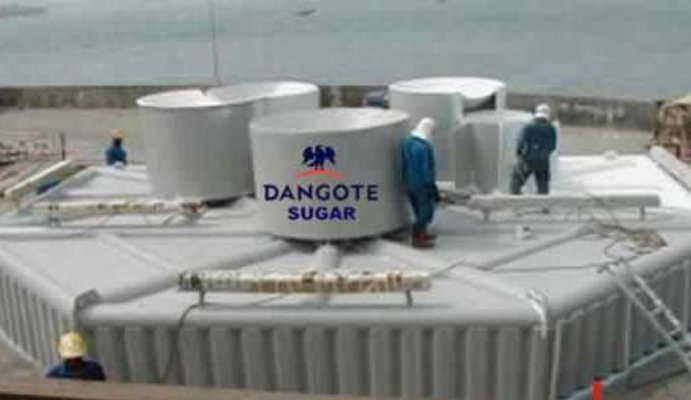*Farmers moan under poor production conditions, uncompetitive pricing
*Official say external forces keen on importation stalling self sufficiency
A number of questions are now being asked over the disappearance, followed by silence, of the unaccounted cumulative sum of N2.9 billion intervention funds provided by the Federal Government exclusively for wheat production in the country.
The questions include: How was the sum of N1.4 billion earmarked for wheat farming in the 2016/2017 season spent? Who spent it and on what? Where is any evidence that the money was disbursed at all?
Similarly, what happened to the N1.5 billion that was earmarked for the 2017/2018 season, which did not reach relevant stakeholders? Who has it? Or who took it? And for what did she or he expend the money?
Officials at the Presidency and the Federal Ministry of Agriculture and Rural Development were keeping sealed lips over the week- end when they were contacted to go on the record about this, following Nigerian wheat stakeholders (farmers, not importers) position that they had not been involved in the disbursement of the funds for the two seasons concerned.
“I was not even aware that there had been provisions amounting to that sum officially. It must have been in the finer prints, shrouded in secrecy, but we haven’t benefitted from this particular money as wheat farmers in the last two to three years,” one source told business a.m. and how di seems like a disappearance without a trace the cumulative sum of N2.9 billion appropriation made for the development of wheat production
The disappearance of the funds had clawed back any progress made towards reducing the huge import bill Nigeria incurs from a long history of wheat importation. Wheat farmers across the nation struggle under poor production conditions to annually churn out 60,000 metric tonnes of the 4.63 million tonnes of local demand, leaving the produce itself on the edge of uncompetitive pricing induced by cheaper cost of imported substitutes.
Investigation by business a.m. reveals that for the 2016/2017 wheat farming season, about N1.4 billion was earmarked under the Ministry of Agriculture to support cultivation activities in the country while N1.5billion was earmarked for the 2017/2018 season, but the farmers involved in the production effort said they cannot cite any evidence to show any impact made by the application of these funds within the period under concern.
The 2016/2017 intervention fund stands apart from the N61 billion explicitly allocated to the promotion and development of wheat value chain in the 2017 budget of recovery and growth, another fund which stakeholders in the wheat sector cannot attest to benefitting.
Salim Saleh, president of the Wheat Farmers Association of Nigeria (WFAN) confirmed to business a.m. that no support, whether in the form finance or subsidy on farming implements, or improved seed breed or mechanisation gadgets was recorded to have been received by any wheat farmer from the N2.9 billion for the two consecutive farming seasons.
Saleh, who admitted knowledge of the wheat development fund, said information on the allocation got to him just last year and the Ministry of Agriculture, prior or after, did not engage the association on the implementation of projects meant to be sponsored with the funds.
“We can’t ask questions because we didn’t even know about it. It was only last year that we were aware that N1.3 billion and N1.4 billion was approved to wheat farming and no single kobo was given to any wheat farmer in this country. So we don’t know what the ministry of agriculture did with that money. They put everything in their cupboard and don’t want anybody to know about the money. There has not been any single support from the government, either in terms of material or finance to wheat farming in Nigeria from 2017 to 2018,” Saleh said.
“So we are asking the minister where this money is allocated to? Who utilised it? What did they buy on behalf of wheat farmers which farmers enjoyed? In my record, there is no single wheat farmer in Nigeria that enjoyed any financial support let alone input material from the Federal Ministry of Agriculture. Where is this money? We plead with them to release this money to us so that they can prepare for 2018/2019 wheat farming.”
Describing wheat as a sensitive political crop unlike rice, Olowasina Olabanji, the executive director, Lake Chad Research Institute (LCRI), Maiduguri confirmed that there were forces within and outside the country pushing against Nigeria’s self-sufficiency, owing to their interest in continued importation of the product.
Olabanji, who also served during the time of Akinwunmi Adesina as minister of agriculture, noted that there was a greater improvement in the production of wheat and there were interventions led by both private sector and government between 2012 and 2014, but this declined from 2015 to 2018.
“I am not aware of this. The only thing I know is that last year, the government was trying to make arrangement to mop up wheat but unfortunately, wheat is a political crop. Some people did not allow it to happen. The people stalling the wheat progress were interested in the importation of wheat into Nigeria. They said the wheat in Nigeria is not of high quality, the yield per hectare is low and said how can they encourage government to go and buy that? We just don’t appreciate what we have. We give wheat seed to Burkina Faso, Mali and so on,” he explained in response to the ministry’s refusal to disburse the wheat development fund.
For him, agriculture should be seen as a business and as such, interventions of government should be treated as incentive to set farmers on a good path of production. “It is not that whatever we have started to do must be continued. If you are talking of subsidy, that is a different matter altogether but if you are saying government should continue to mop excesses of your produce every year, it is not right,” Olabanji said.
Wheat is an irrigated crop planted from the 15th of October to 15th November and blossoms under interrupted chilly temperature mostly in the northern Nigeria. But due to such setbacks as insufficient cultivation fields, poor access to efficient irrigation facilities, dearth of procedural agronomic knowledge by farmers, lack of mechanized and modernized farming techniques, the average productivity of Nigerian wheat hovers over three tonnes per hectare, which in certain instances plunge as low as two tonnes or even 1.5 tonnes per hectare, Saleh said.
The temperate crop is only second to rice on the agenda of the federal government Agricultural Promotion Policy (APP) designed in 2016 to prioritise improving productivity of a number of domestically raised crops including maize, fish, dairy milk, soya beans, poultry, fruits, vegetables and sugar. But the strategy to solve the core issues at the heart of production and delivery of quality standards has been buried beneath the coffers of corrupt custodians of the N2.9 billion allocation.
Currently, farmers have been grappling with a more critical problem of uncompetitive pricing which they claim they can no longer bear from their loyal off-takers, the Flour Millers Association of Nigeria (FMAN).











